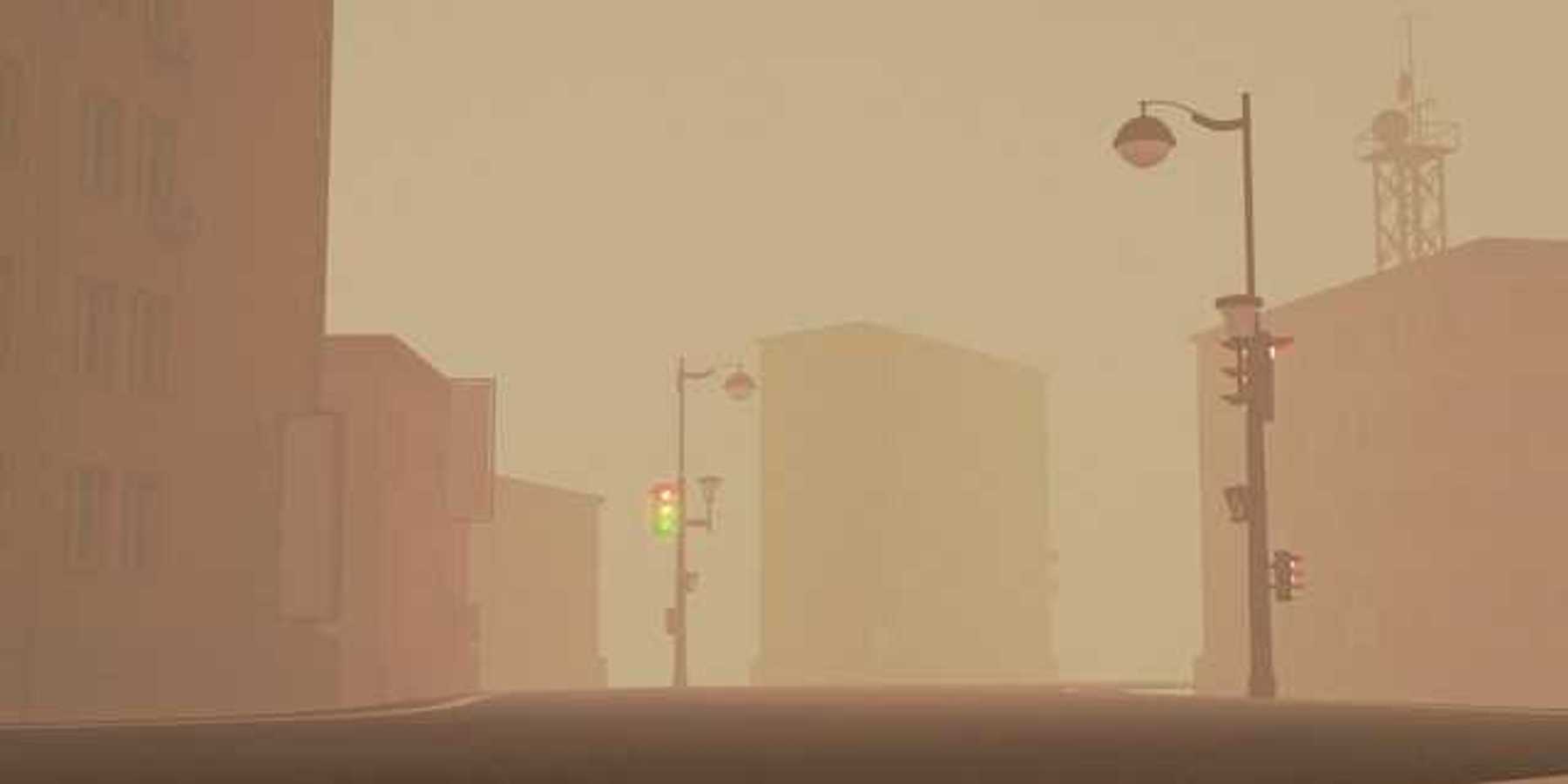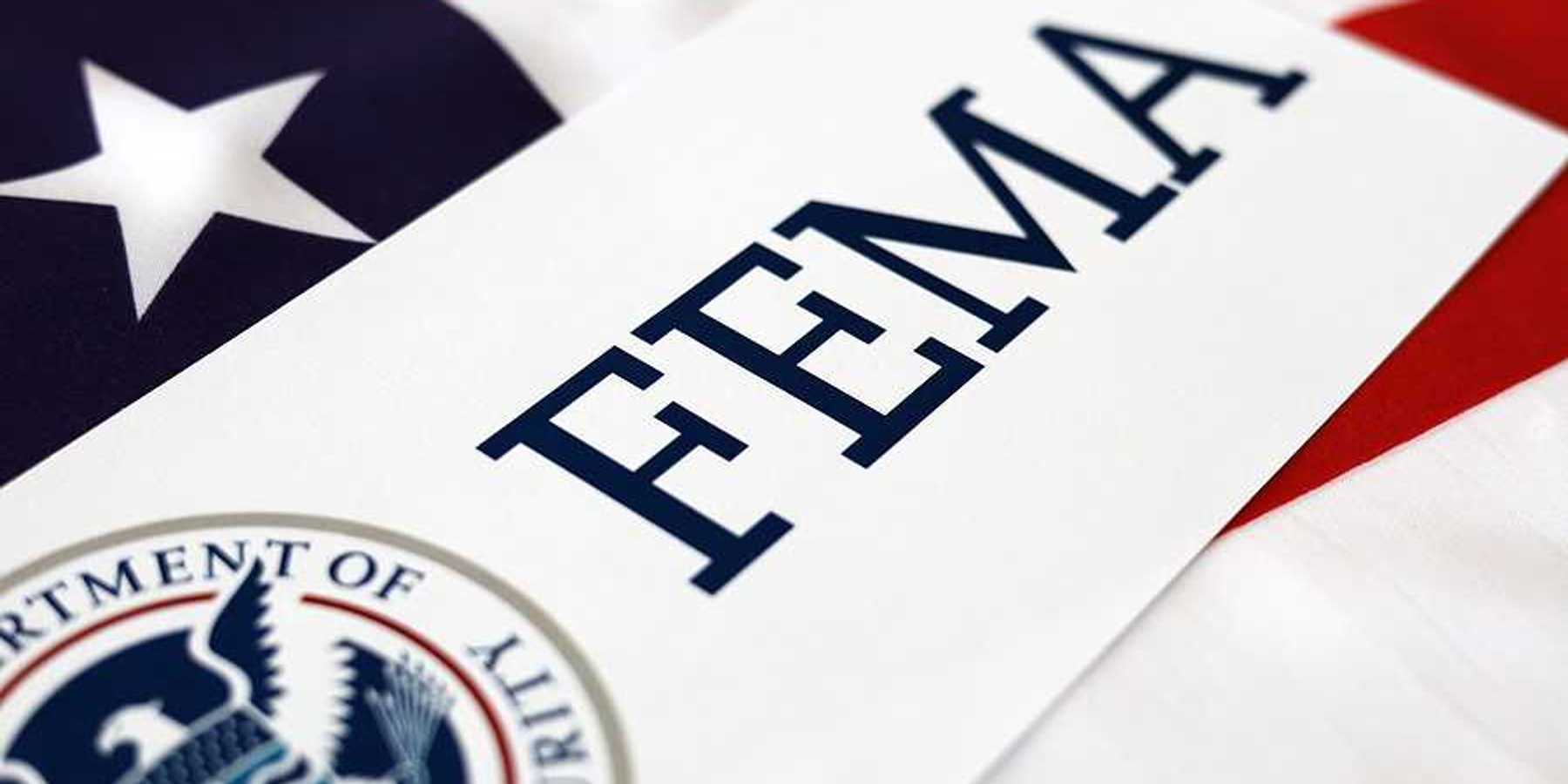New tolls cut traffic by 82,000 cars a day as New York fights federal order to stop congestion pricing
New York City’s toll program reduced traffic below 60th Street by 13% in March, even as federal officials push to shut it down.
Stephen Nessen reports for Gothamist.
In short:
- The Metropolitan Transit Authority (MTA) says congestion pricing has kept about 82,000 vehicles out of Manhattan daily in March, compared to traffic levels if the program hadn't started.
- The toll revenue, expected to reach $500 million this year, is legally dedicated to funding $15 billion in mass transit improvements.
- The Trump administration has ordered the MTA to halt the program by April 20 and threatened to withhold unspecified federal funding; the MTA is suing to stop the shutdown.
Key quote:
“The good news is that the data reflects what New Yorkers are seeing every day: congestion pricing is working as intended and should remain on, even in the face of misguided threats from the Federal Government.”
— Brian Fritsch, associate director of the Permanent Citizens Advisory Committee to the MTA
Why this matters:
Vehicle congestion affects more than travel times. It worsens air quality, raises asthma rates, and drives up noise pollution. In dense urban areas like Manhattan, car traffic clogs emergency vehicle routes and slows buses, disproportionately hurting people who rely on public transit — including many low-income New Yorkers. Congestion pricing aims to change that by discouraging unnecessary car trips and funding transit upgrades. But the program faces political resistance from those who frame it as a burden on drivers, even though most working-class residents don’t drive into Manhattan. If federal intervention succeeds, New York could lose billions in planned transit improvements. The debate signals a growing divide in how cities and federal authorities prioritize mobility, climate, and public health — and whether urban centers will get the tools they need to adapt.
Related: Those critical of congestion pricing often change their minds













